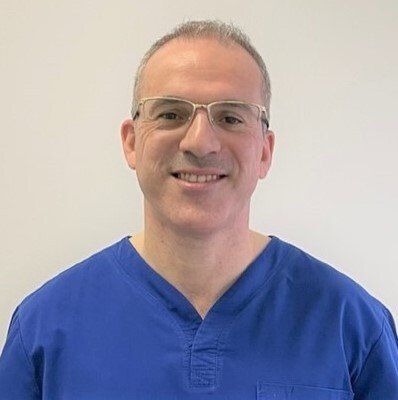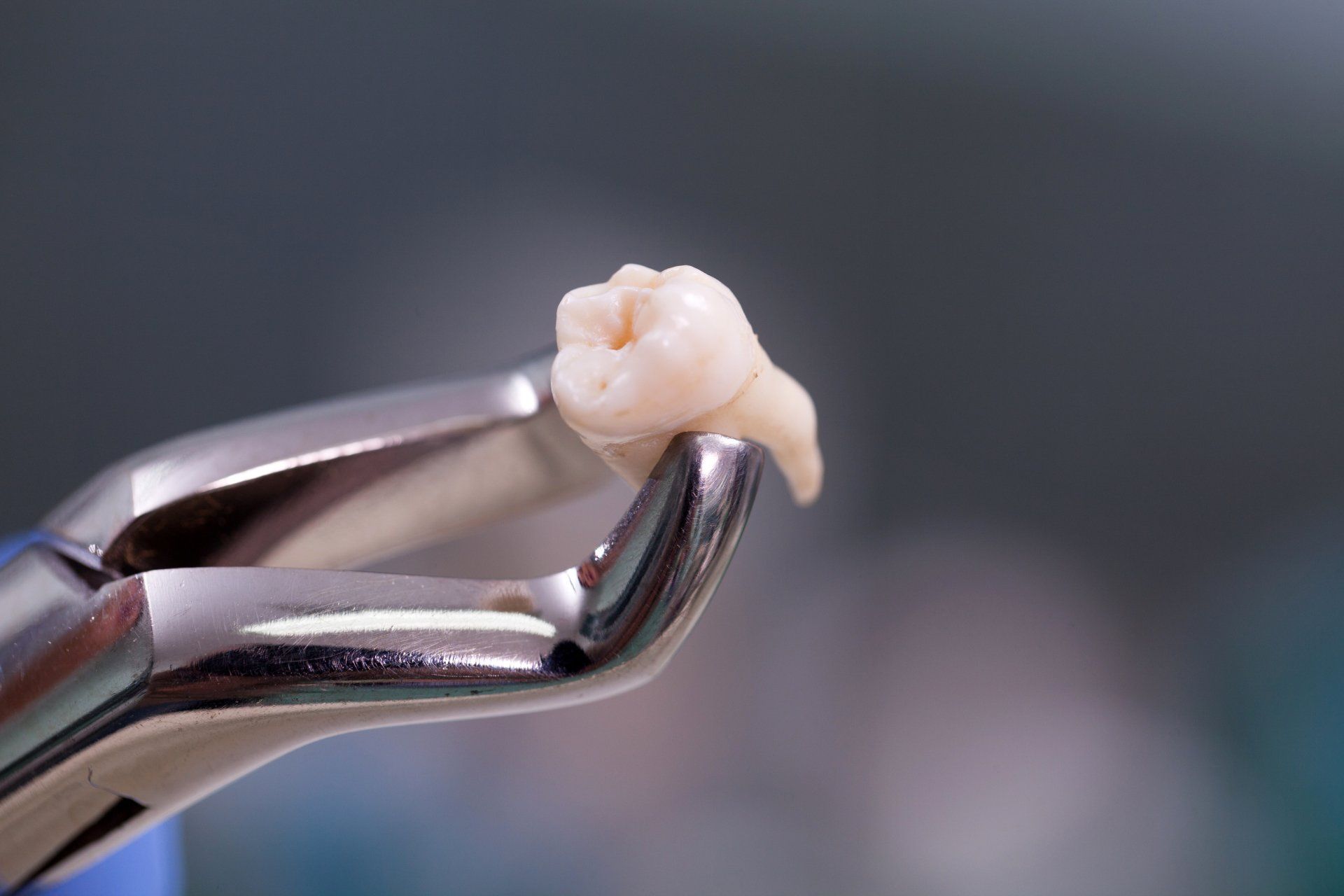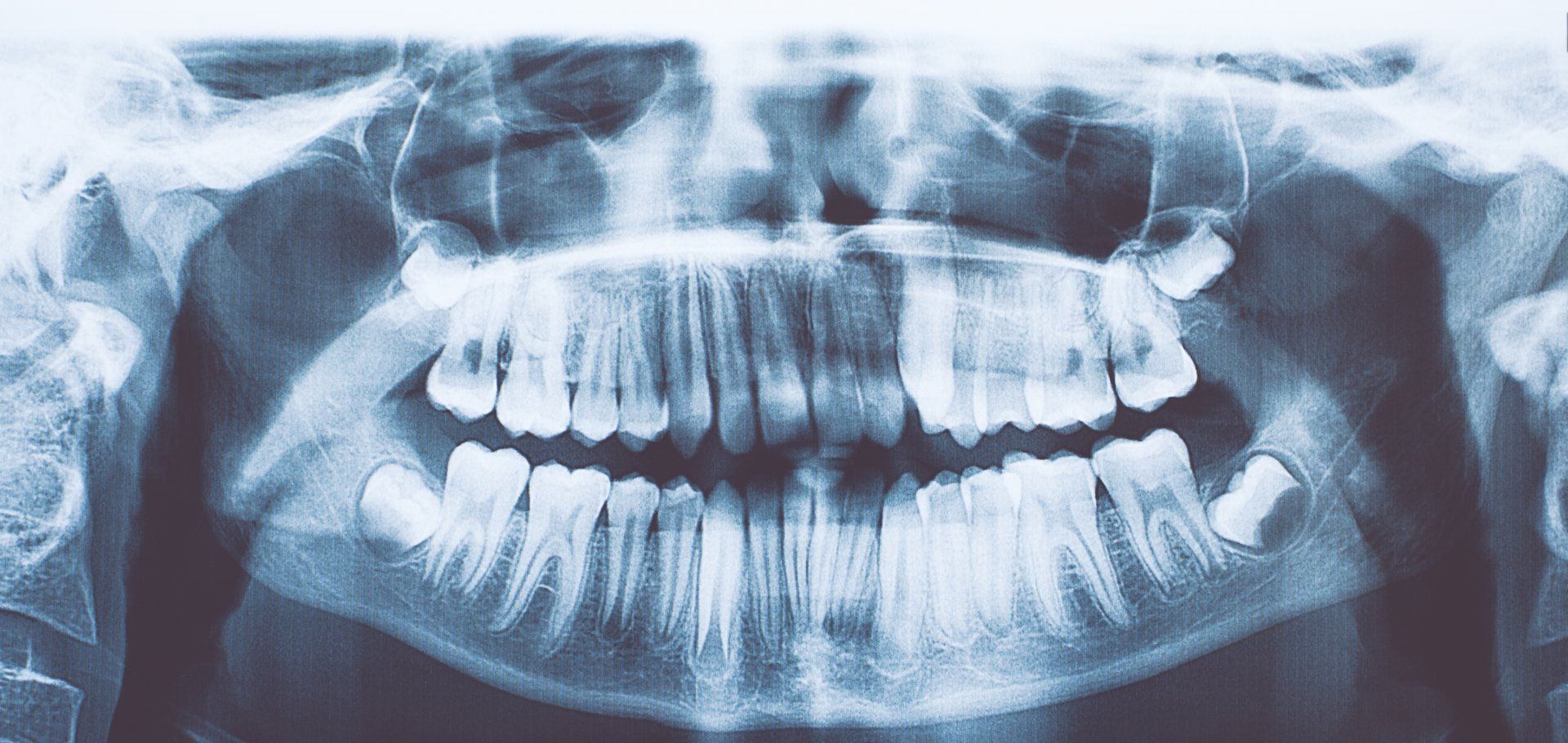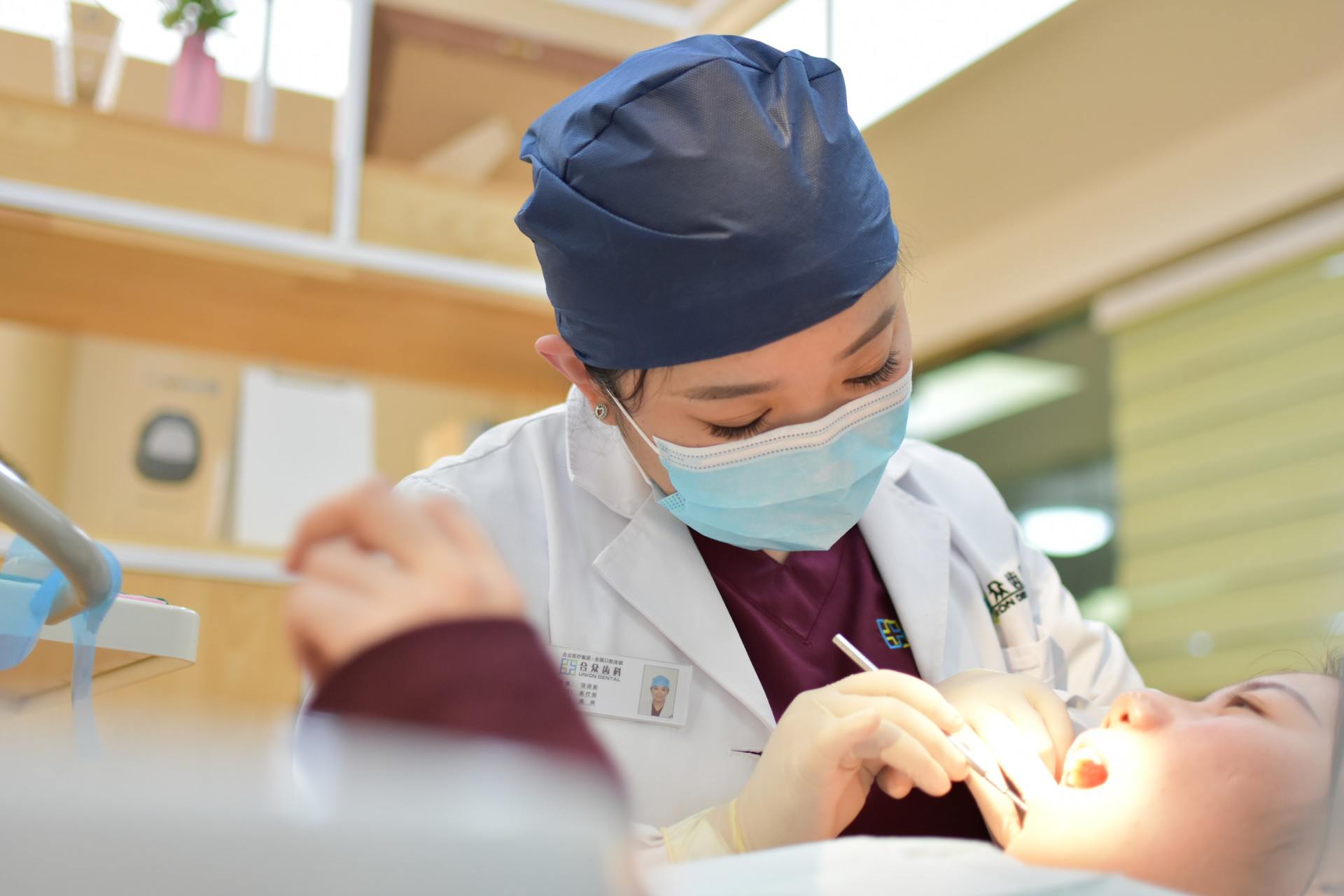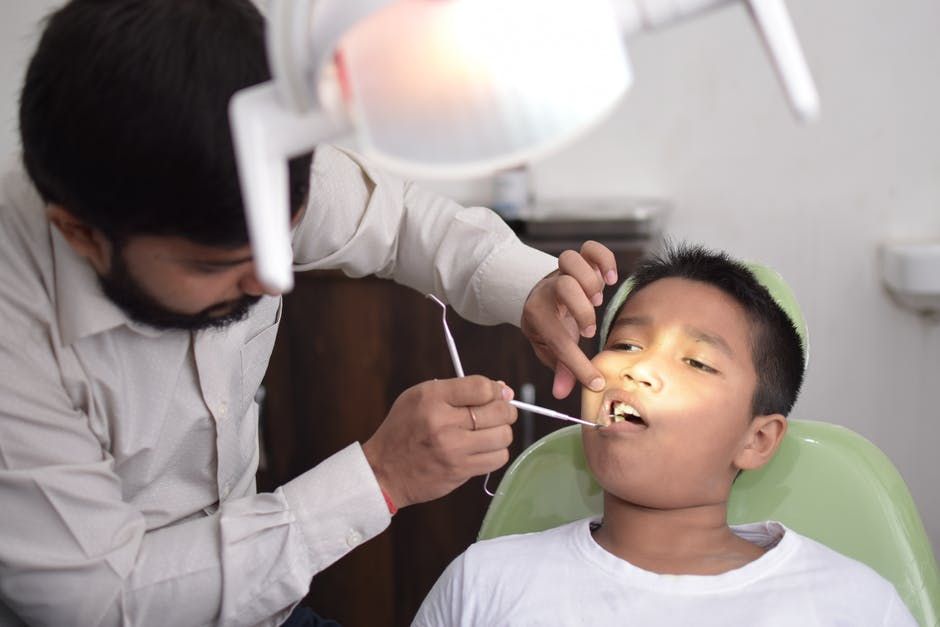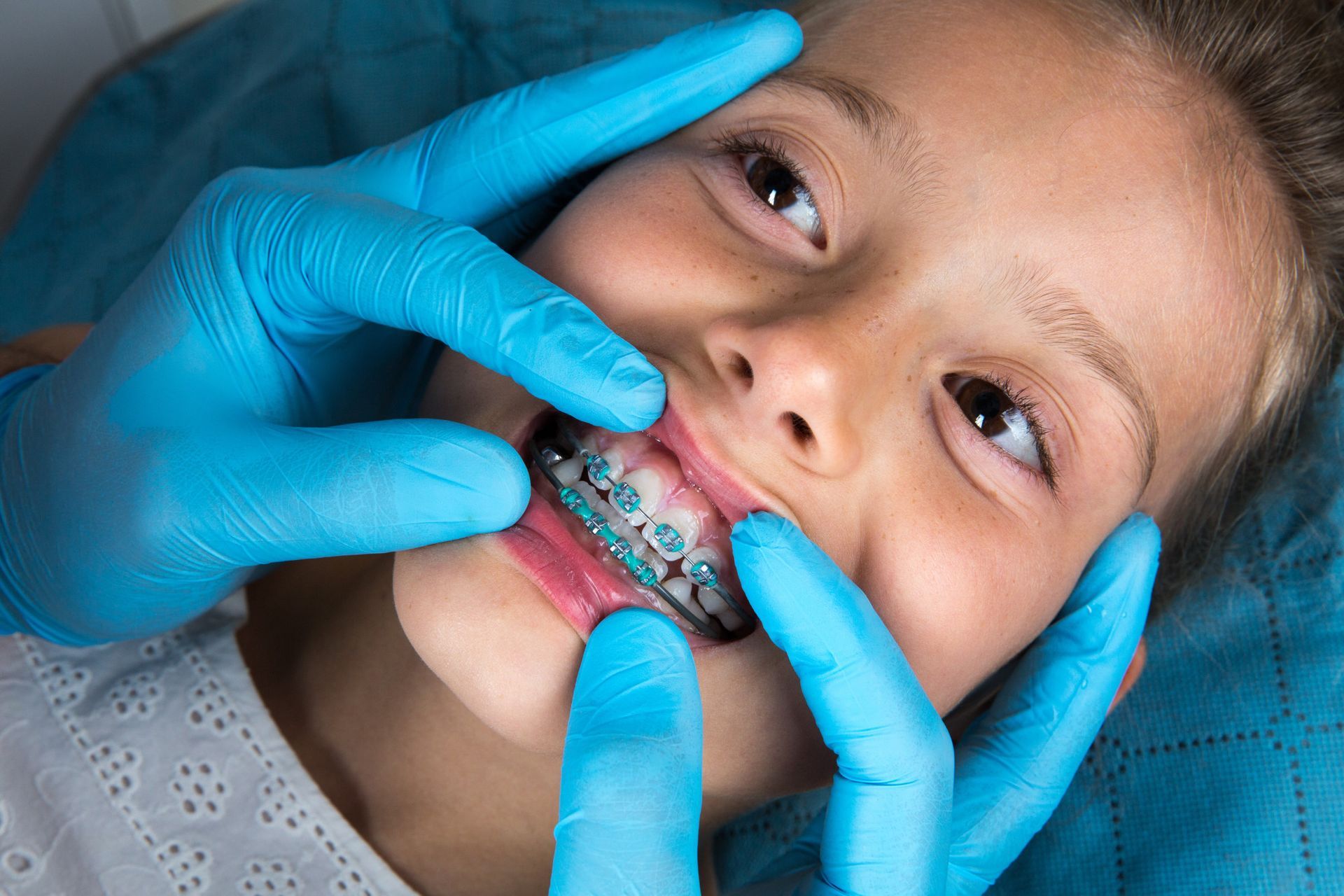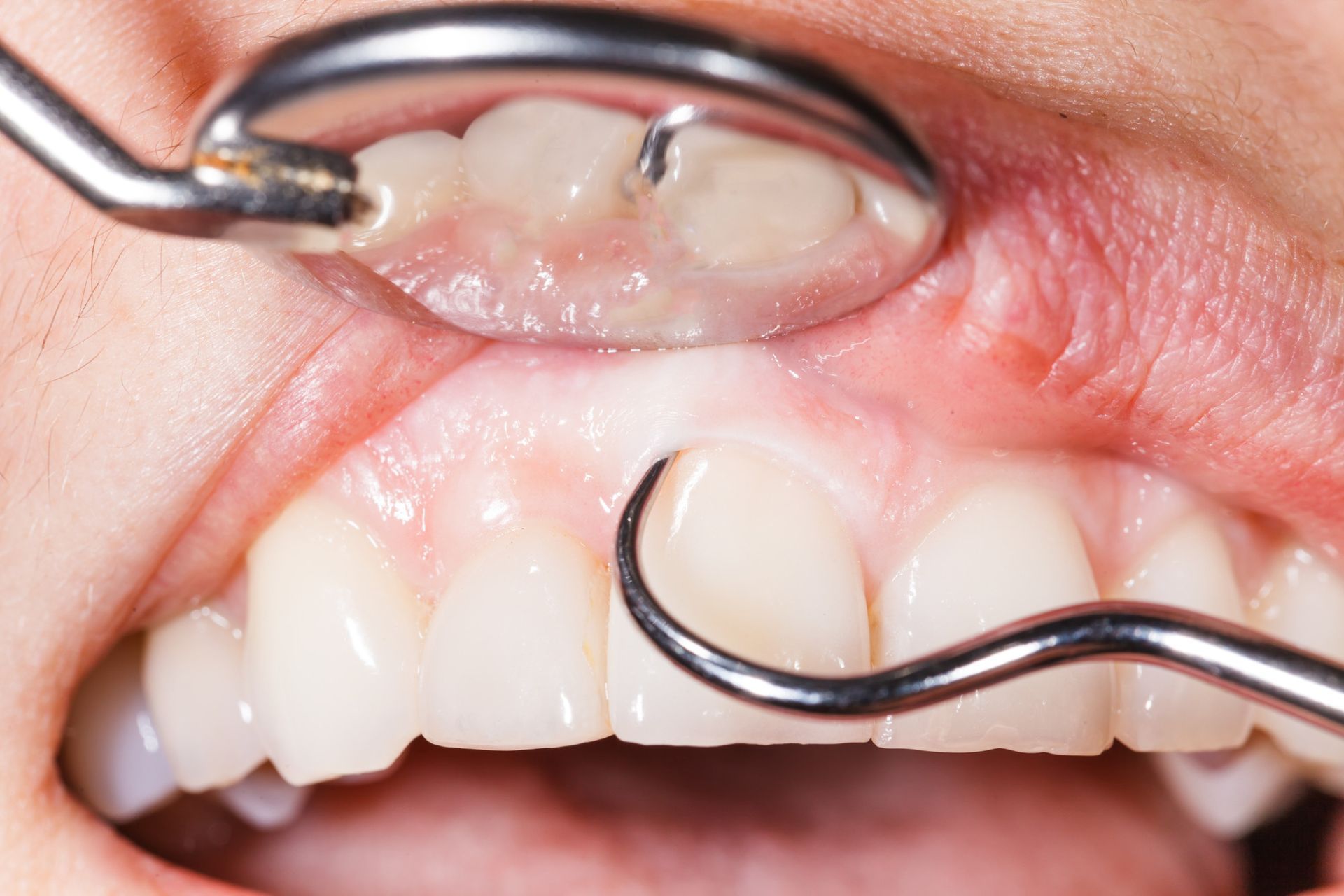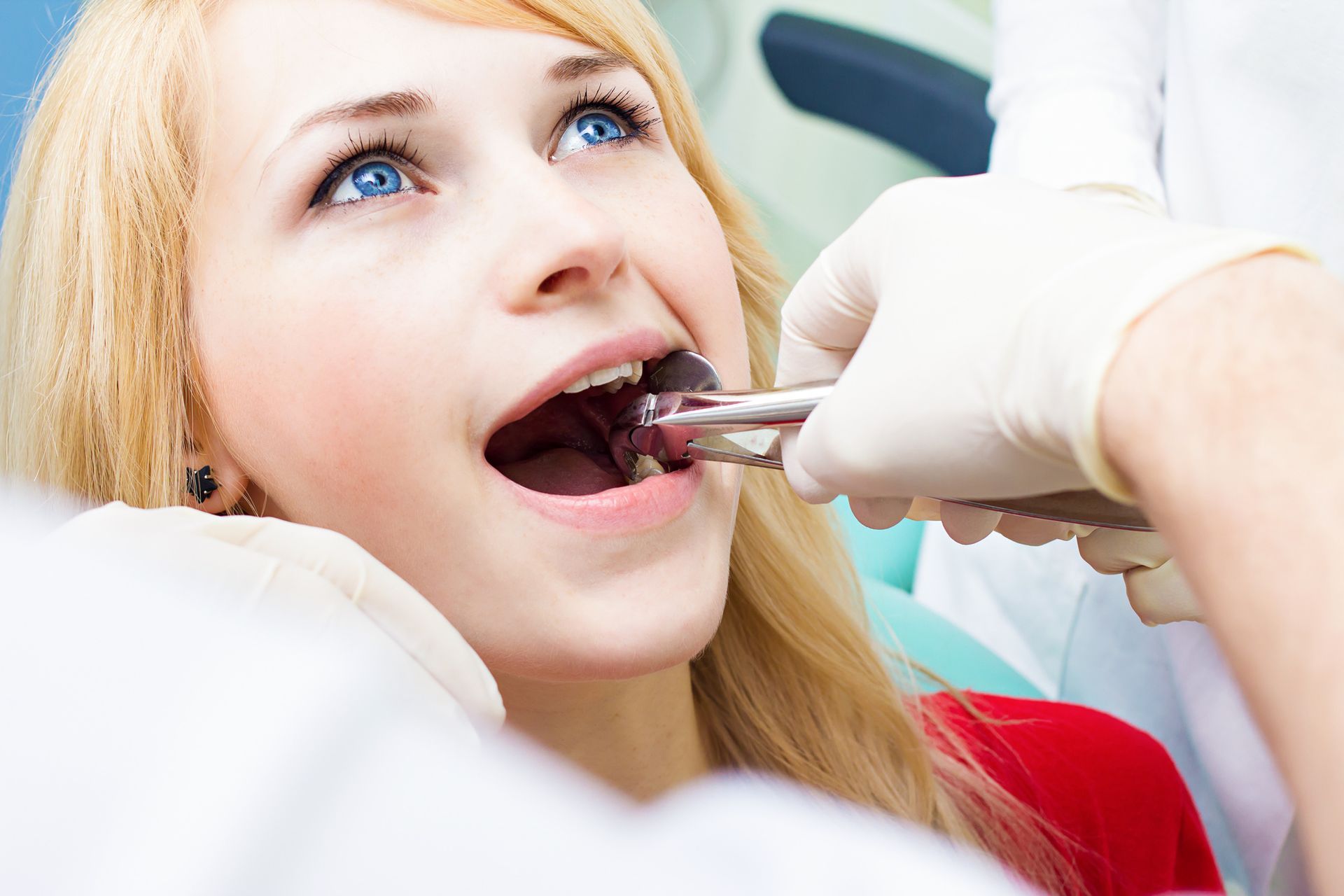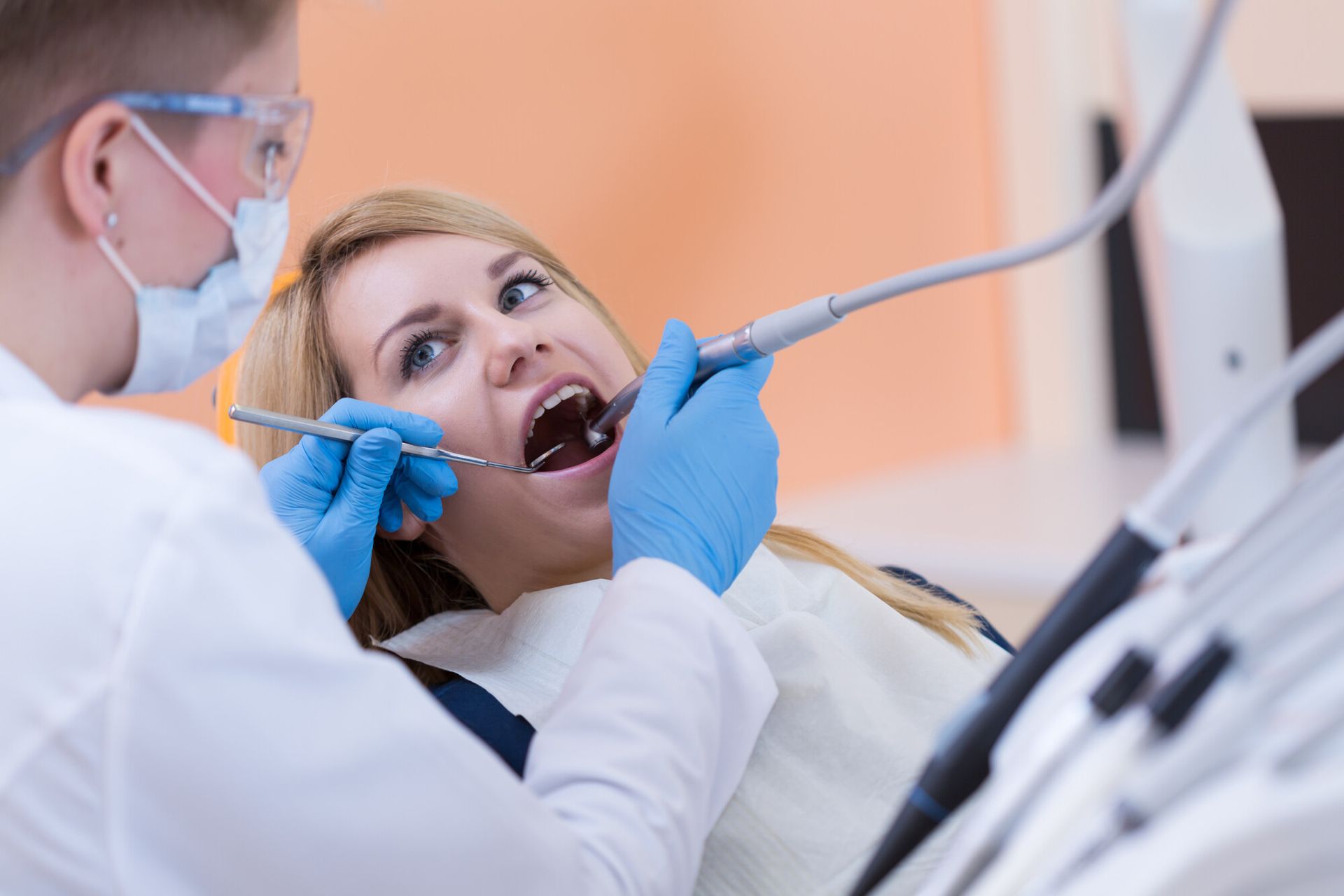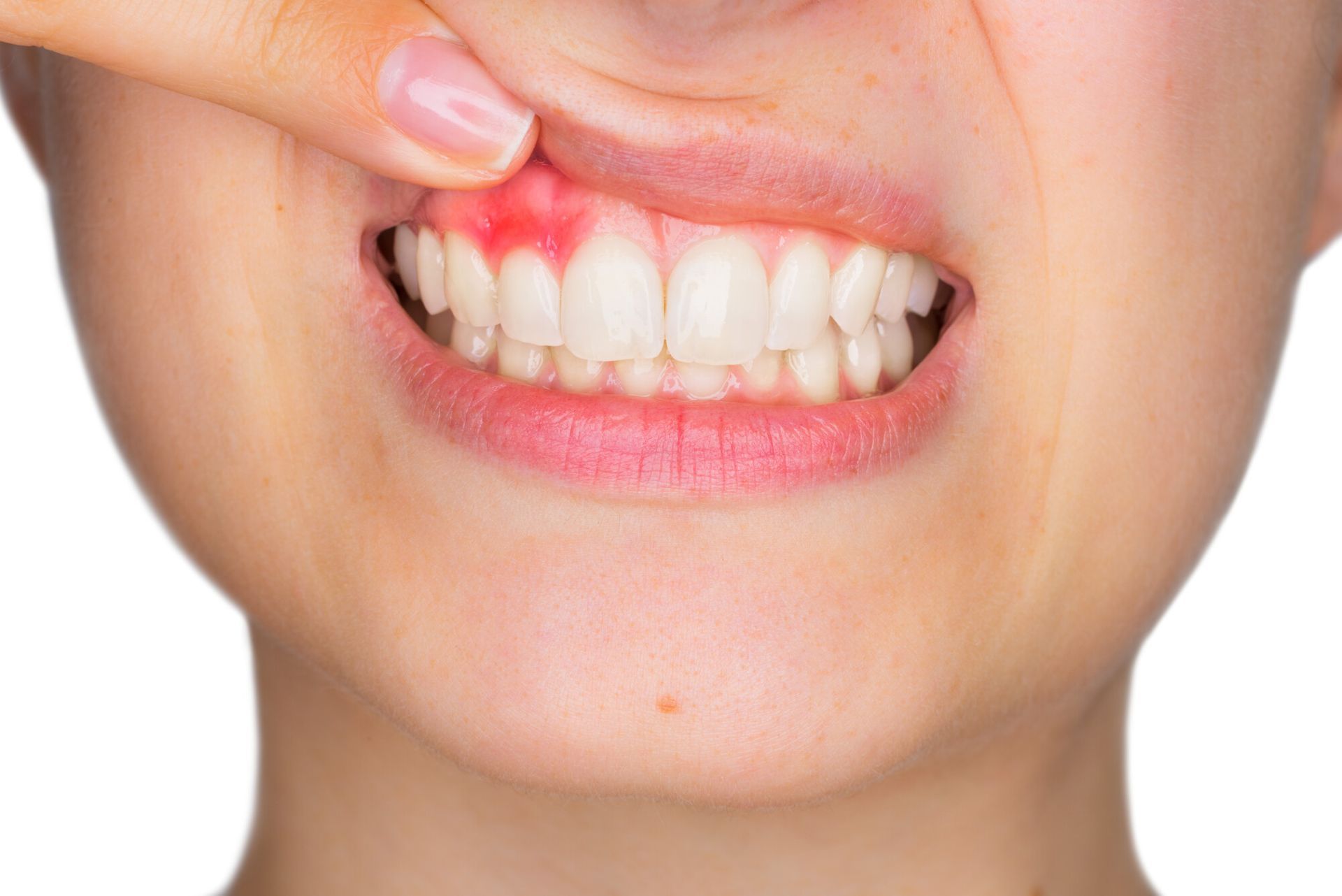6 Tips to Ease Your Post-Wisdom-Tooth Surgery Experience
Updated: January 16, 2023. Originally Published: October 17, 2019.
Around Canada, it takes more than 118,000 people to help us enjoy quality dental care.
That is a strong sign of how much value we get out of modern dental procedures. However, certain dental treatments, like wisdom tooth extraction, can come with a significant recovery process. The good news is that knowing how to speed up wisdom teeth recovery can help you get back to your normal life as soon as possible.
On top of that, the right recovery tips can help you minimize discomfort and stress while your body heals. So what should you focus on to ease your post-wisdom tooth surgery experience?
Read on to learn all about the top tips for recovering from your wisdom tooth procedure as fast as possible!
1. Know What to Expect After a Wisdom Tooth Procedure
Without the right preparation, you might be caught off guard by the post-wisdom tooth surgery experience. The more prepared you are, the easier you will find the recovery process.
Even before your wisdom teeth procedure, it is worth finding out what to expect. You can do this by reading online, but it might be even more effective to speak with others who have gone through similar procedures. There's a very good chance that several people you know have had their wisdom teeth removed.
Consider reaching out to them and asking them to help you understand what to expect. This is also a great opportunity for you to ask them for any recovery tips. Although we will discuss many such tips in this article, it is always possible that someone you speak to will have other great ideas to add.
It is likely that your mouth will be swollen for two or three days after your surgery. Even after that, you may encounter recurring aches around your surgical sites.
There is a good chance you will receive medications to help you manage your pain. However, you might also be able to take more common pain relievers like acetaminophen.
If you encounter any bleeding while you recover, don't worry. Especially within the first 24 hours of your procedure, this is common. However, you can bite down on a gauze pad over your surgical sites to help limit bleeding as much as possible.
Get Ready Before Your Procedure
Once you have an idea of what to expect after your wisdom tooth procedure, you may want to start getting ready. That can include things like buying the right foods and making sure you have a plan for how to manage any discomfort you might encounter.
If you put this off until later, you can always figure it out once your wisdom teeth are already gone. However, you might find that more stressful.
2. Start With Clear Liquids After a Tooth Extraction
The further you get through your recovery process, the easier it will be for your mouth to handle regular foods. That means that you will go through several stages of sensitivity once your procedure is finished.
In the immediate aftermath of having your wisdom teeth removed, you will want to avoid almost all foods and limit yourself to clear liquids. For about 2 days, try to stick with things like water, Gatorade, and milk.
Among other things, this will help you keep nausea down as much as possible. If you're not careful, you might vomit if you eat the wrong foods too soon.
Another great liquid to drink while recovering is cold coconut water. Many people enjoy the flavour of this drink, helping them feel better about not being able to eat normal foods. On top of that, drinking chilled coconut water can help soothe discomfort in your mouth.
Plus, coconut water is a great source of electrolytes, providing your body with the nutrients it needs to recover as fast as possible.
Enjoy Other Wisdom Tooth Removal Foods
After a couple of days, you can move on to the foods like soup and yogurt. Your body may still need a few more days before you can start handling solid foods.
However, that doesn't mean that you should start eating normally. Instead, try to eat foods like eggs and pasta. For one thing, these foods are still quite soft, helping to avoid irritating your surgical sites.
However, they are also the right size. After your wisdom tooth extraction, it is important to avoid foods made out of small, solid pieces. This can include things like popcorn and rice.
As a general rule, try to avoid eating anything that might get stuck around or even in your extraction sites.
Once your extraction sites are no longer tender, you can start trying to eat normal foods again. However, make sure to be as mindful as possible as you start eating normal foods.
If you notice that they cause further tenderness or pain, go back to softer foods. Everyone recovers at different speeds, but the gentler you can be with your surgical sites, the faster you will recover.
3. Avoid Certain Activities During Your Recovery
Right after your surgery, it is important to avoid strenuous activities. This includes things like heavy lifting or running.
After a few days of recovery time, you might be able to handle some gentle exercise. This can include things like walking and stretching.
However, you should be mindful while you engage in these activities. If you notice them irritating your surgical sites, you should take things slower until you are closer to being fully recovered.
Throughout your recovery process, it is important to avoid spitting and sucking. Both of these activities can exert a lot of force on your surgical sites. They can even open them back up, causing pain and requiring you to see your dentist again for assistance.
You will also want to avoid things like rinsing your mouth or swishing water around it. However, you can gently hold water in your mouth. In fact, exposing your surgical sites to warm salt water can be a great way to soothe them and protect them from potential buildups of bacteria.
As you recover, make sure to avoid alcohol
and smoking as well. Both of these activities can irritate your surgical sites and cause more inflammation. The more often you do them, the longer it will take for your mouth to recover.
4. Protect Your Wisdom Tooth Removal Recovery Clot
Although it is important to avoid these specific activities, there is also a general rule you should pay attention to. You want to make sure that your surgical site blood clots remain intact for as long as possible. If these clots dissolve or are pulled off, you might experience much more bleeding.
In other cases, a dislodged blood clot can lead to something called "dry socket." This condition can cause a lot of pain. Try to avoid touching your blood clots too much with your fingers, tongue, or anything else.
Make Sure Your Mouth Stays Moist
If you let your mouth get too dry, there is a higher chance that your blood clots will weaken. As a result, try to drink water or other liquids on a regular basis. That goes double if you notice your mouth starting to get dry.
You will also want to avoid breathing through your mouth too much after your surgery. Especially for the first couple of days, you might want to have someone tell you if you are breathing through your mouth while you sleep. If so, there is a higher chance that your mouth will dry out and begin to cultivate growths of bacteria.
Along with slowing down your recovery process, this can lead to cavities. The good news is that you can use oral cavity moisturizers if necessary to keep your mouth moist.
5. Try Elevation for Wisdom Tooth Removal Pain
There are several things you can do to try to minimize discomfort and swelling while you recover. One of the most important is to keep your head elevated as much as possible.
Especially for the first few days after your procedure, try not to let your head get lower than a 45° angle. The lower your head gets, the more blood will rush into your surgical sites. That can increase swelling, which will lead to more discomfort.
It will also slow down your recovery process, especially if it keeps you from enjoying quality sleep.
During the day, you might even want to stay upright as much as possible. Try sitting down rather than lying down for as long as is comfortable. Although you can experiment with reclining a little more if you feel the need to, make sure to be mindful of any increases in discomfort that start to develop.
Use Ice to Manage Any Discomfort
If you are experiencing a lot of discomfort or swelling, you can use ice to try to calm it down. However, you should avoid applying ice directly to your skin. Instead, wrap it in cloth and hold it near the outside of your swollen sites.
Try not to do this for longer than 20 minutes at a time. Excess exposure to cold may cause discomfort or even damage to your skin. However, in moderate amounts, using ice can help reduce blood flow to your swollen mouth.
The less blood flow reaches these areas, the more swelling will go down, bringing pain down with it.
Some people are used to using heat to manage discomfort as well. However, it is important to avoid this after wisdom tooth extraction.
Applying heat near your surgical sites will cause extra blood to rush into the area. That can increase inflammation and slow down your recovery process.
Use Massage to Alleviate Tension
Sometimes, your mouth will stay inflamed because blood is having trouble circulating through and out of the area. One great tool for managing this as well as other sources of discomfort can be gentle massage.
However, you will want to be careful to avoid massaging your surgical sites directly. This could lead to damaging your blood clots. Instead, try massaging the areas right below your ears.
You can also massage other areas around your mouth as long as you don't get too close to your extraction sites. Gentle massage can help soften tense tissue in the area, helping blood flow through it more easily. You might find that this massage also helps you diminish discomfort.
At the same time, make sure to pay attention while you are massaging around your mouth. If you massage too much or too hard, you might cause more inflammation or pain.
6. Cultivate General Health While Recovering
Anything that helps you cultivate good general health will also help you recover faster from your wisdom teeth procedure. Although it is important to avoid strenuous activities after your surgery, that does not mean that you can't get any exercise at all.
After your first few days of rest, it might be a good idea to make a habit of taking walks. This can help you get blood circulating around your whole body. However, it is again important to pay attention to your body and exercise less if it seems to be making you too tired or exacerbating your discomfort.
Another great way to speed up your recovery process is to make sure to enjoy quality nutrition. While following the food restrictions we have discussed, try to get a diet that is rich in a wide variety of vitamins and nutrients. While you are recovering from your wisdom tooth surgery, it can also be helpful to find safe ways to get plenty of fibre in your diet.
If you find yourself getting sleepy more often than usual, give yourself permission to get plenty of extra rest. Sometimes, good sleep is the best medicine.
Frequently Asked Questions (FAQs)
Know How to Speed up Wisdom Teeth Recovery
We hope that knowing how to speed up wisdom teeth recovery processes will help you get back to your life as soon as possible after your procedure. It is easy to make the mistake of waiting until after your tooth extraction to figure out how to handle the recovery process. However, learning more about what to expect and what you can do about it can help you minimize discomfort and downtime.
To find out more about how you can receive quality dental treatment, contact us at Daas Family & Cosmetic Dentistry at any time!
